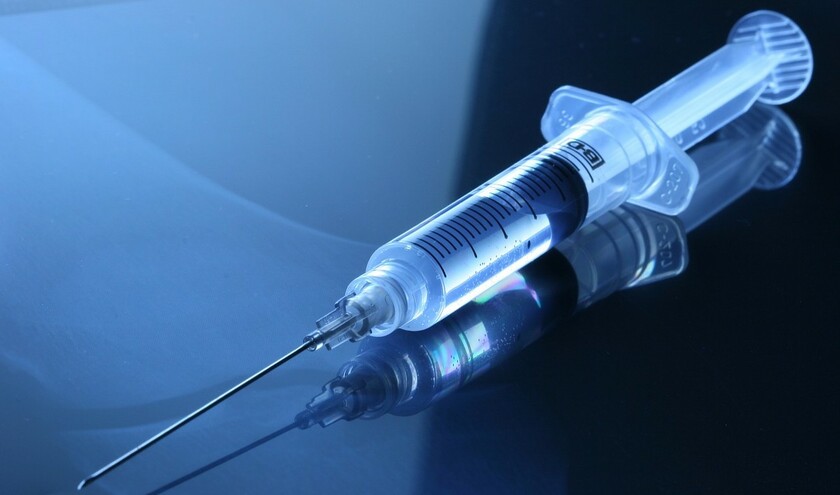Glucagon-like peptide-1 (GLP-1) receptor agonists are used to treat type 2 diabetes or obesity, with the common risk of gastrointestinal side effects, which may affect more than 1 in 10 patients. While most side effects for these medicines are mild, some may also be serious.
The MHRA says healthcare professionals should also be alert for signs of misuse of these medicines in their patients, warn these patients that they are at risk of side effects and report any adverse reactions via the Yellow Card scheme.
Dr Alison Cave, MHRA chief safety officer, said: "We encourage healthcare professionals to ensure patients being treated with these medicines are aware of the common side effects and how to minimise risk.
"The balance of benefits and risks outside the licensed indication has not been shown to be favourable. Please report cases of misuse especially if harm occurs."
Wes Streeting, Secretary of State for Health and Social Care, added: "These are not cosmetic drugs that should be taken to help get a body beautiful picture for Instagram. These are serious medicines and should only be used responsibly and under medical supervision. They're not a quick fix to lose a few pounds and buying them online without appropriate assessment can put people's health at risk.
"Drugs approved for weight management should only be used by those tackling obesity, where diet and exercise has been tried first, and where patients are eligible."
MHRA says healthcare professionals should consult its Drug Safety Update for further advice.



